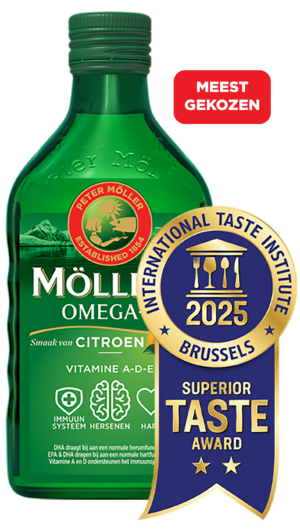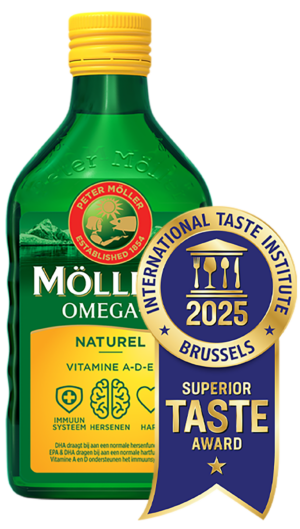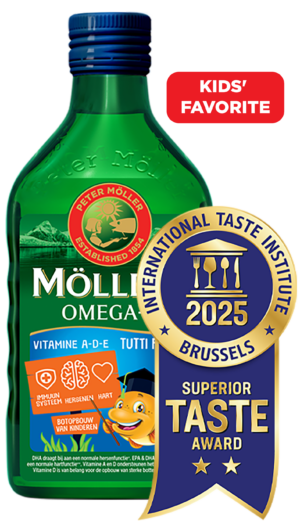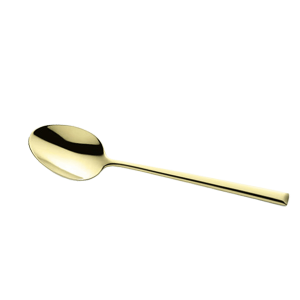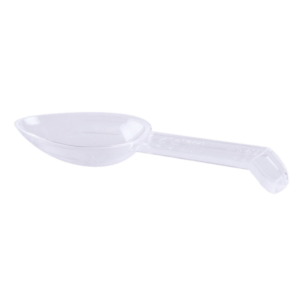What is Omega-3?
What are Omega-3 Fatty Acids and What are They Good for?
With omega-3, you have gold in your hands. Omega-3 fatty acids are known as very healthy fatty acids. Everyone has heard of them. They are polyunsaturated fats and are liquid at both room temperature and in the refrigerator. All cells in the body need omega-3 fatty acids to function properly, as they are important components of all cell membranes. It makes the cells flexible. We simply cannot do without omega-3!
Omega-3 is very important for the proper functioning of, for example, the brain and nervous system. Even burnout or depression can be related to a lack of omega-3 fatty acids. For the development of the brain in children, omega-3 is of great importance. Omega-3 fatty acids contribute to a healthy heart and immune system. In addition, they have a positive influence on vision.
Sources of Omega-3 Fatty Acids
Omega-3 fatty acids are essential fatty acids, because our body needs these substances but cannot (or only to a limited extent) produce them itself. Omega-3 fatty acids are essential for our health. That’s why it’s important that we get omega-3 from food, possibly supplemented with dietary supplements.
The best-known plant-based omega-3 fatty acid is alpha-linolenic acid (ALA), but the body also needs animal omega-3: eicosapentaenoic acid (EPA) and docosahexaenoic acid (DHA). The body can produce EPA and DHA from ALA, but this conversion is very inefficient. That’s why it’s important to consume food that is rich in EPA and DHA. Fatty fish is the main source of these important fish fatty acids. The Health Council advises eating fatty fish at least once a week: mackerel, herring or salmon. Unfortunately, we get far too little of it. Check for yourself if you get enough DHA and EPA omega-3 with your diet. Do you eat a large portion of fatty fish at least once a week?
People who don’t eat fish or eat too little can take a natural omega-3 supplement, such as fish oil or cod liver oil. By taking cod liver oil, you are also provided with your daily requirement of vitamin D.
How to choose an omega-3 supplement?
Why is Omega-3 so Important?
Omega-3 fatty acids DHA and EPA are important in every phase of our lives (from young to old). Throughout our lives, omega-3 fatty acids play an important role. They keep the cells flexible and have an anti-inflammatory effect.
They are important for:
- A good heart function*
- A good brain function** (DHA is an important building block for the brain)
- Good vision**
* Beneficial effect is obtained with a daily intake of 250 mg DHA and EPA
** Beneficial effect is obtained with a daily intake of 250 mg DHA
Omega-3 fatty acids are important building blocks for the brain, are of great importance for good heart function, and have a beneficial effect on vision. As you get older, your body functions decline and the risk of diseases and limitations increases. We all want to age healthily and sufficient intake of omega-3 can help you with that.
Read here how omega-3 fatty acids support your brain, heart and eyes.
Omega-3 Fatty Acids During Pregnancy and Breastfeeding
Our brain depends on good nutrition to develop and function properly. That’s why it’s important to attach importance to good nutrition for your child from an early age, even during pregnancy. When you are expecting, healthy eating and healthy living are especially important during this period. With a healthy diet, you generally get enough vitamins and minerals. Exceptions to this are vitamin D and folic acid, for which supplementation is desirable. Getting enough omega-3 fatty acids is also important. The omega-3 fatty acid DHA is important for the development of the brain and vision of the fetus. Intake of an omega-3 supplement with at least 250 mg DHA per day by the pregnant woman affects the growth and healthy development of the baby, but also the health of the mother.
Omega-3 is also passed on to the baby through breast milk. This contributes to the development of your child’s eyes and brain, as the DHA omega-3 fatty acids are transferred to your child through breast milk.
Both during pregnancy and during breastfeeding, intake of DHA omega-3 by the mother is of great importance. There is an association between the consumption of DHA by the mother and good development of the child’s brain with a daily intake of 250 mg DHA. This develops the child’s foundation for all the challenges that await them as they grow up.
Omega-3 Fatty Acids for Children
In addition to the fact that omega-3 supports brain functions and has a positive influence on cognitive functions, omega-3 also works positively on the development of children. DHA omega-3 is an important building block for the brain and is good for vision, with a minimum intake of 250 mg DHA per day. For young children, extra intake of DHA is advised to contribute to the development of their nervous system. So omega-3 is good for brain development! Did you know… it takes 25 years for the brain to fully develop?
Research shows that omega-3 can have a positive effect on behavioral and learning problems. An improvement in ADHD symptoms is also observed.
Children benefit from a healthy body. In addition to the physical exertion their body has to deliver daily, school-age children also have the mental exertion of a school day. Not only being physically present is important, but also keeping your head in the game is important. Omega-3 could play an improving role in this. Give your child omega-3, that way you support the child’s brain!
How to Choose the Right Omega-3 Supplement?
There are an incredible number of different omega-3 supplements, varying in price, quality, purity, origin and additives. How do you choose the right omega-3 product?
When purchasing an omega-3 supplement, it is important to ensure that this supplement contains the right type of omega-3, that it contains a large amount of omega-3, that the omega-3 is present in natural form, and whether other substances have been added.
1. the Right Type of Omega-3: DHA and EPA
There are several types of omega-3 fatty acids. Important omega-3 fatty acids are eicosapentaenoic acid (EPA) and docosahexaenoic acid (DHA). These fatty acids have a wide range of scientifically documented health benefits. DHA and EPA are mainly found in fatty fish, such as herring, salmon and mackerel.
The plant-based omega-3 fatty acid alpha-linolenic acid (ALA) is found in rapeseed, linseed and soybean oil, chia seeds and walnuts, among others. However, ALA still needs to be converted in our body into the usable DHA and EPA. This conversion happens only to a limited extent (according to research, only 2 to 10% of the ingested ALA is converted). It is therefore important to specifically look at the amount of DHA and EPA in a supplement.
Möller’s Omega-3 is naturally rich in DHA and EPA, so that’s fine!
2. the Amount of Omega-3 per Daily Dosage
The Dutch Health Council recommends an intake of at least 450 mg DHA and EPA per day (the right types of omega-3). However, it has been shown that using 900 mg DHA and EPA per day lowers the risk of fatal coronary heart disease.
One dessert spoon of Möller’s Omega-3 contains 900 mg DHA and EPA omega-3.
3. Omega-3 Fatty Acids in Natural Form
It is important that the omega-3 is present in natural triglyceride form. This is how omega-3 fatty acids are also present in fish and this form provides better absorption of the fatty acids in the body than, for example, ethyl esters from other fish oils. Ethyl esters are synthetically purified in such a way that they reduce the absorption of the fatty acids.
Möller’s Omega-3 is produced in a unique way, preserving the natural form of the omega-3 fatty acids.
4. other Nutrients in the Supplement
Often an omega-3 supplement contains not only omega-3, but also vitamins. Pay attention then: everything listed in the ingredients list is added. Besides vitamins, these can also be fillers, colorants, preservatives, artificial flavors, gelatin casings and other additives. It is important to choose an omega-3 product that is as natural as possible.
So always study both the ingredients list and the nutritional values very carefully. The ingredients list tells you how the supplement is composed, the nutritional value table shows which important nutrients the supplement contains and in what quantity.
“After reading the reviews on this site, I also bought the Möller ‘s Tutti Frutti. My child hardly eats fish and as a parent, I find it important that my child can take the right vitamins and minerals daily. We now have a good start to the morning with the Tutti frutti from Möller’ s!” – Ebru, February 2019.

